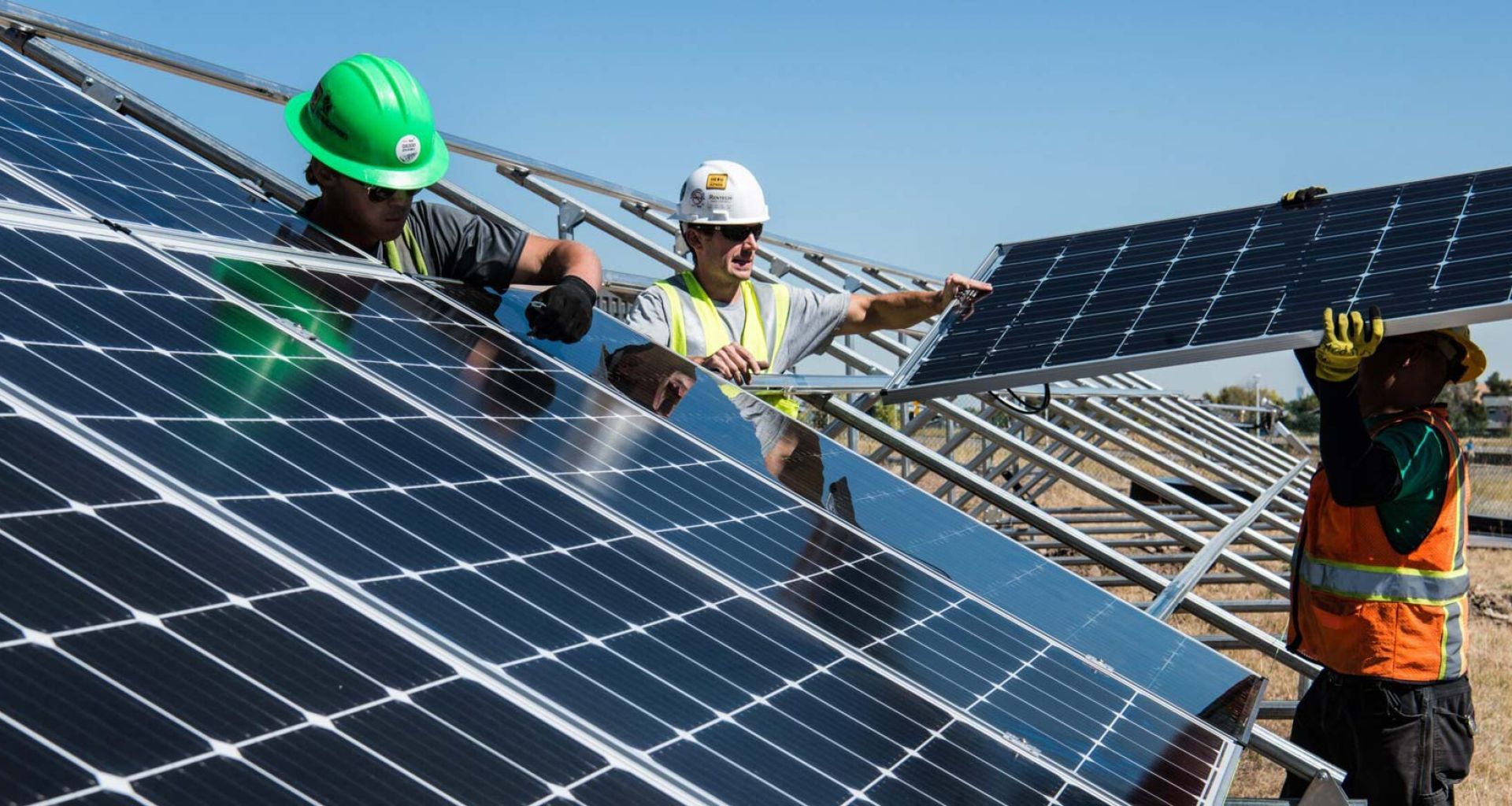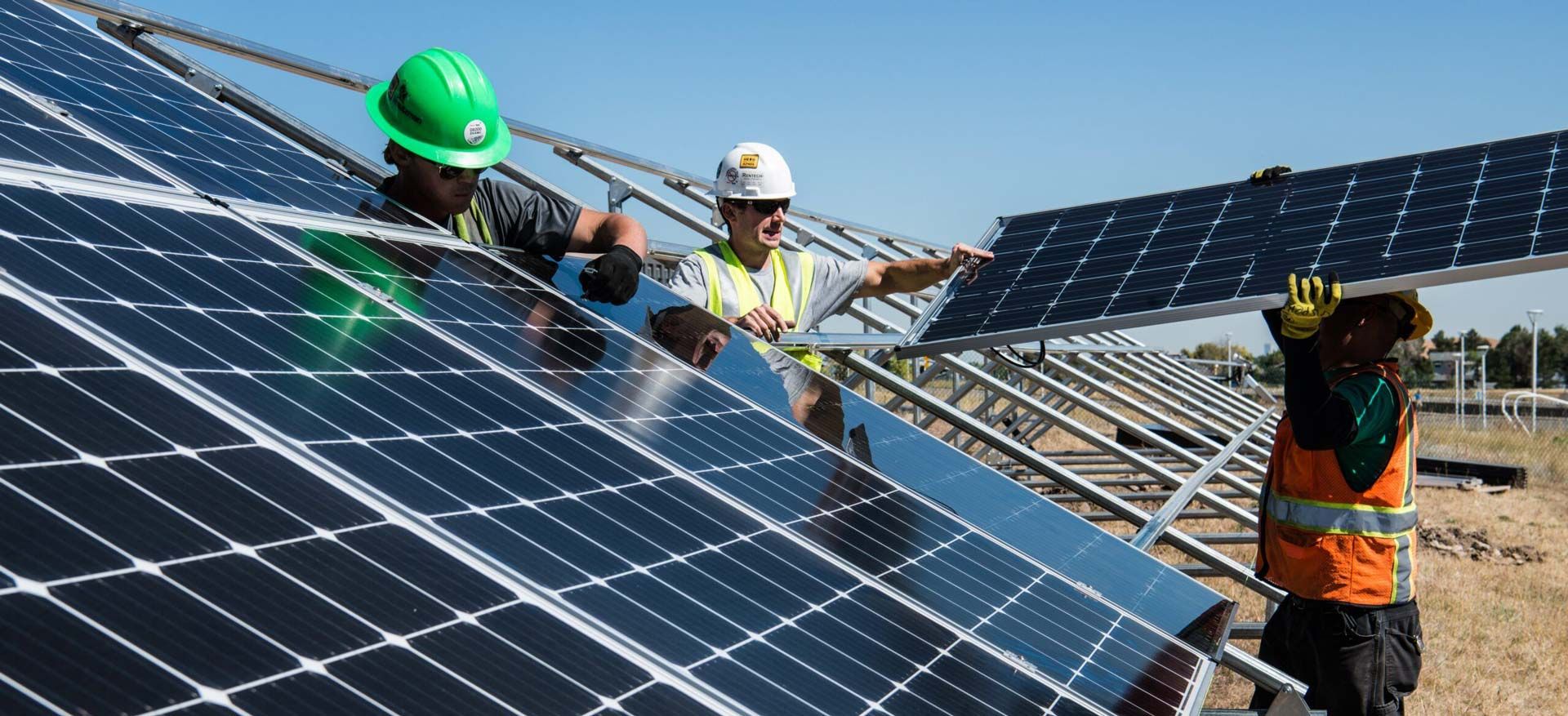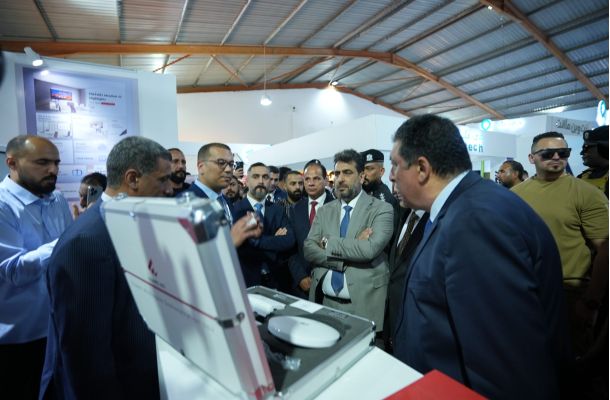Unleashing Libya’s Solar Potential: A Powerful Solution to Fossil Fuel Dependence
In recent years, renewable energy sources have gained significant attention as a solution to address the increased cost of non-renewable fuels and their negative effects on the environment and health. Among these sources, solar power has become one of the most popular alternatives.
Solar power is the process of harnessing solar radiation to produce electricity either through photovoltaic (PV) panels or through the concentration of solar radiation. While solar power via PV panels has historically been less efficient and more expensive than other renewable energy sources, technological advancements have made it increasingly competitive. Many countries, including those in the Middle East and North Africa, are investing in solar power to harness their vast solar resources, but Libya has yet to fully tap into this potential.
As a country located in the Sahara desert near the Mediterranean sea, Libya receives high levels of solar radiation. Regions close to the coast receive an average daily solar radiation of 7.1 kWh/m2, while the southern region receives 8.1 kWh/m2. Additionally, Libya has an average sun duration of over 3500 hours per year. These factors, coupled with the availability of large space, make solar power via PV panels an attractive investment opportunity. As per REAoL.
Despite the potential, solar power projects in Libya are relatively small in scale. They are typically limited to powering a small number of houses, utility services such as telephone towers, and small industrial projects. To fully harness the potential of Libya’s solar resources, there must be a need to push for large-scale projects that can help decrease the over-reliance on fossil fuels that the country faces.
Large-scale solar projects offer several benefits. For one, they can become a possible source of income by exporting excess solar power to neighboring countries. Additionally, these projects offer the possibility of providing power to cities and facilities in remote areas that may face difficulty in connecting to the national grid due to the overall cost or the technical challenges that may be encountered.
However, large-scale solar panel projects in Libya do face challenges. One significant issue is the extreme temperatures during the summer and possible sandstorms that could damage the panels, leading to drops in panel efficiency and an increase in maintenance costs. Proper planning and execution can help mitigate these issues. Additionally, it is important to note that the efficiency of a solar plant is not solely tied to the efficiency of solar panels, as inverters, controllers, and trackers also play an important role.
Another challenge for large-scale solar projects in Libya is the cost. While the cost of solar panels has decreased in recent years, large-scale solar projects still require significant investment. However, the long-term benefits of these projects, such as a decrease in reliance on fossil fuels and the possibility of exporting excess solar power, could outweigh the initial investment.
It should be noted that small-scale solar panel projects in Libya have already had a positive impact. They have helped provide power to those in need and have become more desirable in recent years due to the low costs of the panels compared to before and due to the instability in the power grid faced by Libyan citizens, which led to recurring power cuts and possible damages to electronics.
In conclusion, Libya has a vast solar resource that can be more fully utilized through large and small-scale solar panel projects. While there are challenges to large-scale solar projects, such as extreme temperatures and the initial cost, the potential benefits, such as a decrease in reliance on fossil fuels and the possibility of exporting excess solar power, make them an attractive investment opportunity. Small-scale solar projects have already had a positive impact, and larger projects could further help the country decrease its reliance on non-renewable energy sources. As such, it is important for investors and policymakers to give proper consideration to large-scale solar projects as a means to address the country’s energy needs and contribute to a cleaner, healthier environment.

Media gallery




